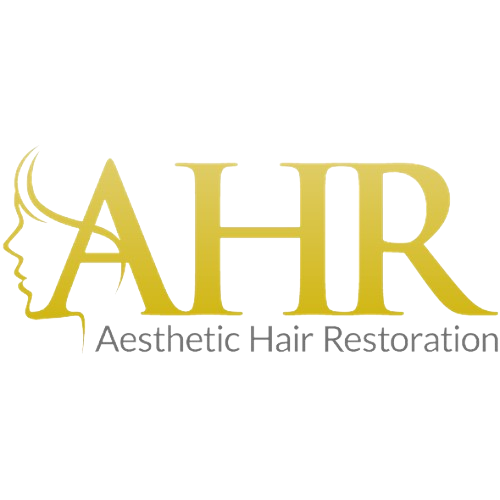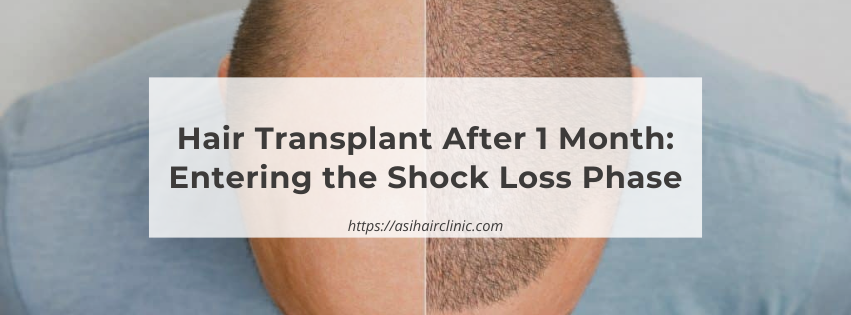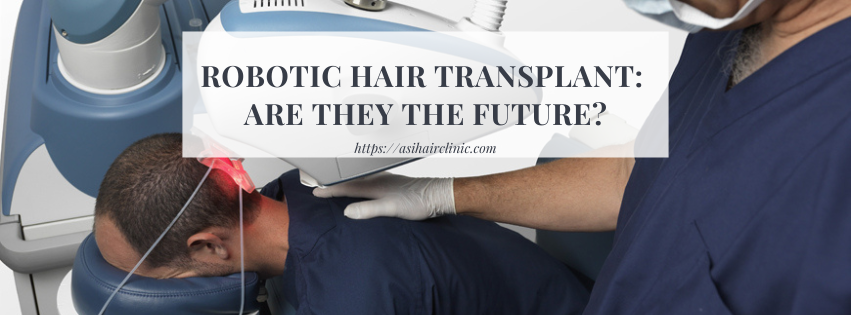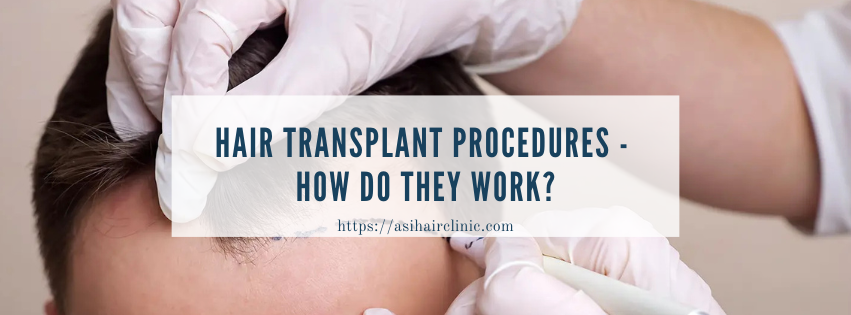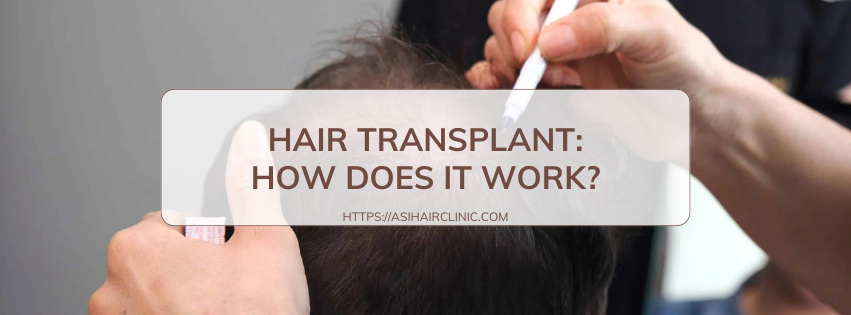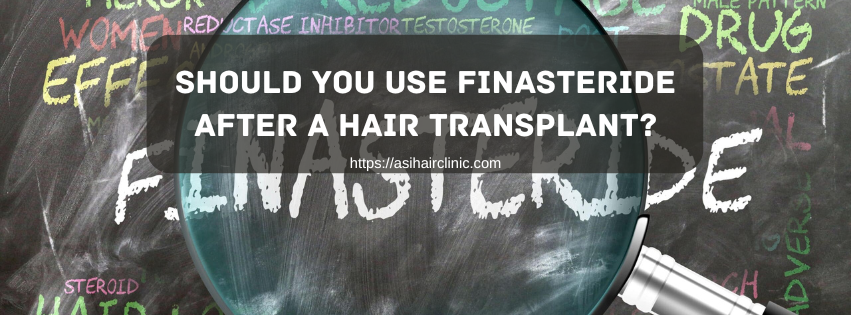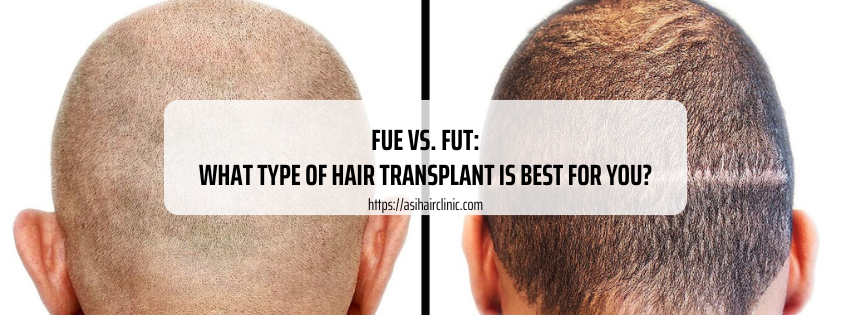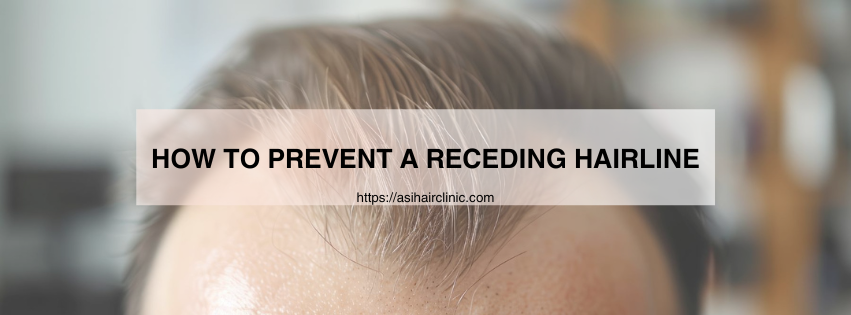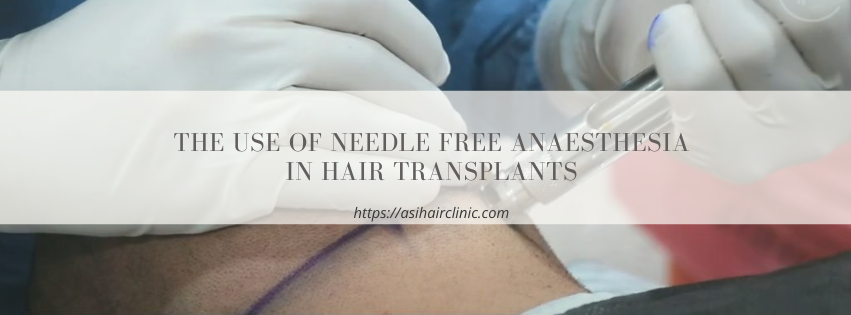Postpartum Hair Loss: Causes, Treatment & What to Expect
Postpartum hair loss is a common phenomenon that many women experience after giving birth. The fluctuations in hormones during and after pregnancy can lead to a significant amount of hair shedding, which often causes concern and confusion among new mothers. Understanding the reasons behind this condition, its treatments, and what to expect can help ease worries and provide comfort during this transitional period.
1. Understanding Postpartum Hair Loss
The journey of postpartum hair loss is not just a physical transformation but an emotional one as well. As women navigate through the changes in their bodies, the sudden loss of hair can add to the stress of motherhood, leaving them feeling less confident. In this section, we will delve deeper into the biological and psychological aspects of postpartum hair loss, exploring the intricacies of how hormonal shifts and lifestyle changes contribute to this phenomenon.
1.1. Hormonal Changes and Their Impact
Pregnancy brings about a surge in hormones, particularly estrogen and progesterone. These hormones play a significant role in promoting hair growth and prolonging the life cycle of hair follicles.
After childbirth, however, these hormone levels drop significantly. The sudden decrease can shock the hair follicles, pushing them into a resting phase, known as telogen. This phase leads to increased shedding of hair, often referred to as telogen effluvium. It typically begins around three months postpartum and may last several months.
The impact of hormonal changes isn’t merely physiological; it can also affect mental health. Many women report feelings of sadness or anxiety when faced with unexpected hair loss. Understanding that this is a normal response can help alleviate some of the associated stress.
1.2. The Psychological Toll of Hair Loss
Postpartum hair loss can have profound psychological effects on new mothers. Hair often symbolizes femininity and beauty, so losing it can feel like a loss of identity. Social pressures and unrealistic expectations surrounding body image can exacerbate these feelings.
Moreover, many women are already dealing with the emotional rollercoaster of new motherhood. The added pressure of hair loss can lead to feelings of inadequacy or low self-esteem. It’s essential to foster a supportive environment where women can discuss their experiences without judgment.
Engaging in conversations about hair loss with friends, family, or support groups can offer solace. Sharing stories can create a sense of community and help normalize the postpartum experience.
1.3. Lifestyle Factors Contributing to Hair Loss
Aside from hormonal changes, several lifestyle factors can exacerbate postpartum hair loss. Nutritional deficiencies, stress, and lack of proper hair care often come into play.
A balanced diet is crucial for maintaining healthy hair. During pregnancy and breastfeeding, women need extra nutrients, including vitamins A, C, D, E, zinc, iron, and omega-3 fatty acids. If these nutrients are lacking, it can lead to weaker hair and increased shedding.
Stress management is also vital. New mothers often juggle multiple responsibilities while adjusting to their new roles. Chronic stress can further aggravate hair loss, creating a vicious cycle. Practicing relaxation techniques, such as meditation or yoga, can be beneficial.
Finally, hair care practices can impact overall hair health. Harsh chemicals, excessive heat styling, and tight hairstyles can strain hair follicles. Opting for gentle, nourishing hair care products and avoiding tight hairstyles can help mitigate damage.
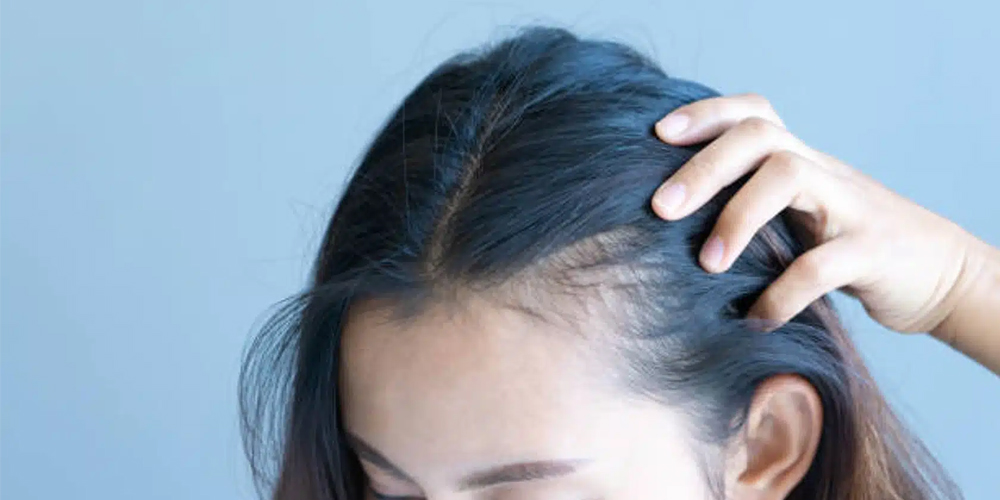
2. Treatments for Postpartum Hair Loss
While postpartum hair loss is often temporary, there are several treatment options available to support hair regrowth and maintain confidence. In this section, we will explore various approaches to addressing postpartum hair loss, including medical interventions, natural remedies, and lifestyle adjustments.
2.1. Natural Remedies for Hair Regrowth
Many women turn to natural remedies to combat postpartum hair loss. These remedies can be both soothing and effective in restoring hair health.
Essential oils, such as rosemary and lavender, have been shown to promote hair growth. Massaging these oils into the scalp can improve blood circulation, stimulate hair follicles, and encourage renewed growth.
Additionally, natural masks made from ingredients like coconut oil, aloe vera, and avocado can nourish the hair and scalp. Such ingredients are rich in vitamins and minerals, providing the necessary nutrients to promote healthier hair.
Lifestyle changes, such as adopting a well-balanced diet rich in protein, can also aid in hair health. Consuming foods such as eggs, nuts, and leafy greens can strengthen hair and foster growth.
2.2. Medical Treatments and Consultations
For women experiencing severe postpartum hair loss, consulting a healthcare professional may be necessary. They may recommend treatments such as topical minoxidil, which promotes hair growth and is considered safe for use while breastfeeding.
In some cases, blood tests may be performed to check for underlying conditions, such as thyroid imbalances or anemia. Addressing these issues can lead to improvements in hair health.
Dermatologists may also provide additional insights and localized treatments if needed. They can suggest therapeutic shampoos or prescribed medications tailored to individual needs.
2.3. Adjusting Hair Care Routines
Adjusting hair care routines can significantly impact the health of thinning hair. Gentle cleansing and conditioning products designed for sensitive scalps can prevent further damage.
Avoiding heat styling tools and opting for air-drying methods can also reduce stress on hair strands. Protective hairstyles that minimize tension can help retain hair density during the recovery phase.
It's essential to embrace a more nurturing approach to hair care during this time. Developing a routine that prioritizes hydration and nourishment can make a world of difference in the strength and vitality of hair.

3. What to Expect During the Recovery Process
Understanding what to expect during the postpartum hair loss recovery process can empower women to navigate this phase with confidence. While every woman’s experience is unique, there are common patterns and timelines associated with postpartum hair loss and regrowth.
3.1. The Shedding Phase
Initially, many women experience a heightened hair shedding phase approximately three months after delivery. This phase, while alarming, is entirely typical and should not cause panic.
During this time, it's important to approach hair loss gently and compassionately. Recognizing that your body is adjusting to significant hormonal shifts can help frame the experience positively.
Maintaining a healthy perspective can be enlightening; many women notice that while they may lose more hair than usual during this phase, the texture and volume of hair can ultimately improve as their bodies recalibrate.
3.2. Regrowth and Signs of Improvement
As time progresses, most women will begin to notice signs of regrowth around six months postpartum. Baby hairs may start to sprout, leading to a soft fuzziness on the scalp.
This regrowth is often accompanied by a sense of relief and renewal. Celebrating these small victories—like noticing fresh hair growth-can help elevate mood and encourage positive self-image during this transitional time.
It’s critical to remain patient throughout this process. The timeline for hair regrowth can vary based on individual circumstances, including genetics, overall health, and adherence to care routines.
3.3. Long-Term Effects and Considerations
While postpartum hair loss is generally a temporary condition, understanding the possibility of long-term effects is important. Some women may find that their hair texture changes or becomes thinner over time due to genetic predispositions or other external factors.
Consulting with professionals about long-term hair care can provide valuable insights. They can recommend suitable products and strategies to maintain healthy hair even beyond the postpartum phase.
Adopting a holistic approach that focuses on both physical and emotional wellness will ultimately benefit overall health. Prioritizing self-care, whether through nutrition, mindfulness, or seeking support, can establish a foundation for ongoing resilience as new mothers navigate evolving identities.
Conclusion
In conclusion, postpartum hair loss is a multifaceted experience that encompasses hormonal changes, lifestyle factors, and emotional responses. By understanding the nuances and embracing a holistic approach, women can navigate this chapter with grace and empowerment.
Through natural remedies, medical consultations, and strategic hair care adjustments, many will find that their hair returns, often stronger and healthier than before. It is essential to remind new mothers that they are not alone on this journey. The shared experiences of countless women can offer solace and support during times of uncertainty.
Ultimately, approaching postpartum hair loss with knowledge, compassion, and patience can make all the difference. Embracing the transition into motherhood in all its complexities can lead to newfound strength and resilience, allowing women to emerge from this experience empowered and ready to embrace the joys of motherhood.
LATEST POSTS
